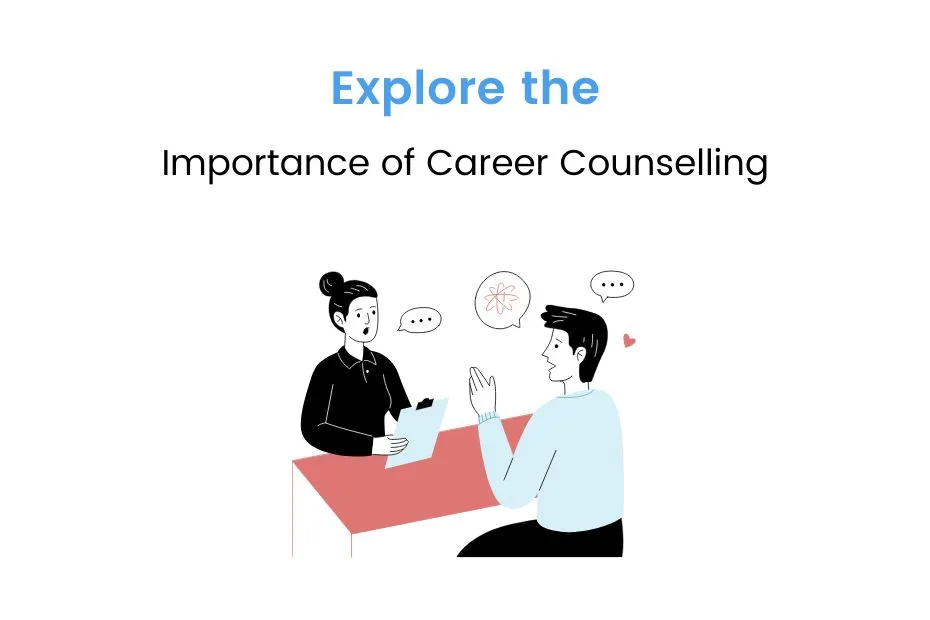Introduction
Career counseling and micronarratives and role confusion plays a crucial role in helping individuals navigate their professional paths. However, with the complexity of modern work environments and the varied experiences of individuals, traditional methods may not always provide complete solutions. In this context, micronarratives—the small, personal stories we tell about our work and life experiences—can offer valuable insights. When not addressed properly, these narratives can lead to role confusion, where individuals struggle to understand their professional identity and career direction.
This article explores how career counseling can benefit from the integration of micronarratives, and how addressing role confusion through this approach can support career growth.
The Role of Career Counseling
1.1 Traditional Career Counseling Methods
Career counseling typically involves assessing an individual’s strengths, interests, and values to guide them toward a suitable career path. Counselors use various tools, such as career assessments, personality tests, and interviews, to develop career strategies. While effective, these methods often focus on general trends and large-scale narratives, such as matching individuals to industries or job roles based on qualifications and market demand.
1.2 The Challenge of Individual Complexity
However, individuals’ career journeys are often more complex than these tools suggest. People do not always fit neatly into predefined categories. They have personal experiences, cultural backgrounds, and unique perspectives that influence their decisions. Traditional counseling methods may miss these nuances, leaving individuals feeling misunderstood or directionless, potentially leading to role confusion.
Understanding Micronarratives in Career Development
2.1 What Are Micronarratives?
Micronarratives are the smaller, personal stories people tell about their experiences, decisions, and struggles. These narratives help individuals make sense of their world by reflecting on their work-life experiences, successes, failures, and transitions. Micronarratives can reveal hidden motivations, fears, and aspirations that large-scale assessments might overlook.
2.2 The Importance of Micronarratives in Career Counseling
Incorporating micronarratives into career counseling allows counselors to dive deeper into the individual’s unique journey. By understanding the stories people tell themselves about their work and life, counselors can better guide them through the complexities of career decisions. For example, an individual’s story about a negative work experience may reveal underlying self-doubt or a misaligned career path, which a career counselor can help address.
Micronarratives provide context to the broader themes of career development, offering insights into how someone perceives their role and direction. This approach allows for more personalized counseling, ensuring that career advice is relevant to the person’s lived experience rather than general industry trends.
Role Confusion in Career Counseling
3.1 Defining Role Confusion
Role confusion occurs when individuals struggle to identify their professional identity and where they fit in the world of work. It often manifests as uncertainty about job roles, confusion about career direction, or difficulty reconciling personal goals with professional expectations. This can happen at any stage of a career but is particularly common during major transitions, such as moving from education to work, changing careers, or re-entering the workforce after a break.
3.2 Causes of Role Confusion
Several factors can contribute to role confusion, including:
- Changing Job Markets: Rapid technological advancements and shifting market demands can make it difficult to keep up with evolving career paths.
- Personal Transitions: Major life events such as relocation, family changes, or health challenges can disrupt career trajectories, leaving individuals uncertain about their next steps.
- Conflicting Values: When personal values clash with workplace culture, individuals may experience confusion about their role and professional identity.
- Unresolved Micronarratives: Unprocessed personal stories about past job failures, professional mistakes, or identity struggles can lead to ongoing confusion and career stagnation.
Addressing Role Confusion Through Micronarratives
4.1 The Role of Micronarratives in Clarifying Identity
Career counseling that leverages micronarratives can help resolve role confusion by providing a space for individuals to reflect on their personal stories and how these stories shape their professional identity. By working through these narratives, individuals can gain clarity about their strengths, values, and aspirations, which can guide them toward a clearer sense of their career goals.
4.2 Practical Steps for Counselors
Career counselors can take several steps to incorporate micronarratives into their practice:
- Active Listening: Encourage clients to share their personal experiences and stories, focusing on the emotions and lessons learned from these experiences.
- Reflective Questions: Ask clients to explore how past experiences have shaped their current beliefs about their career and role in the workplace.
- Story Reframing: Help clients reframe negative micronarratives into empowering ones. For instance, a job failure can be reframed as a learning opportunity rather than a personal shortcoming.
- Identifying Patterns: Analyze recurring themes in the client’s stories to identify strengths, challenges, and opportunities for growth.
Conclusion
Career counseling must evolve to address the complexities of modern career paths. By integrating micronarratives, counselors can gain deeper insights into their clients’ unique journeys and help them overcome role confusion. This approach allows individuals to better understand their professional identity, leading to more meaningful and fulfilling career choices.
Final Thoughts
Incorporating the power of micronarratives in career counseling is essential for addressing the evolving needs of individuals in the workforce. By understanding and reflecting on these personal stories, career counselors can support their clients in navigating role confusion, leading to a clearer and more empowered career trajectory.

Leave a Reply